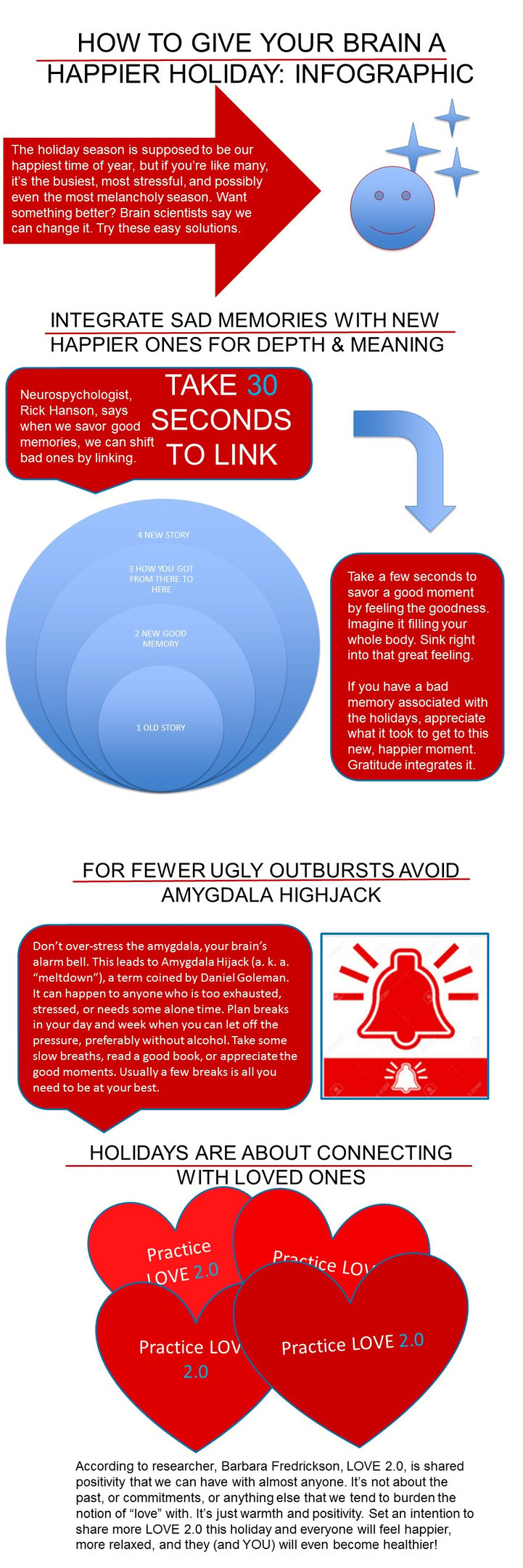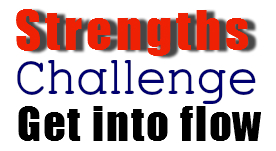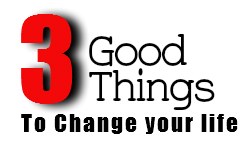
People often wonder if the coaching profession is regulated. And professional life, business, and
executive coaches often wonder, with trepidation, if coaching
should be regulated. This article will help answer those questions, but the conversation about coaching regulation will likely go on for years.
- If you're thinking about hiring a coach, then you want to know who will be the best coach for you, whether they should be licensed or certified, and whether there are training requirements for professional coaches. If you've been given a great recommendation for a coach from a trusted friend, these issues may matter less to you, but they still matter.
- If you're thinking about becoming a coach, then you want to know what requirements you have to meet before you can accept paying clients and whether jumping through those hoops will be worth it for you.
- However, if you're already making a living as a coach, you may regard these questions as threatening, because any changes in regulations or requirements where you live could impact your ability to keep making a living doing what you love. That's frightening. And if you're in the US (or anywhere else), witnessing the current Federal government shutdown, then the idea of getting government involved in your livelihood probably makes you apoplectic!
To professional coaches: relax. Your government isn't coming for you.To my knowledge, and I keep my ear to the ground on this, no government is currently regulating professional life, business or executive coaches (If you have knowledge to the contrary, please share it in the comments section, below). There have been attempts to regulate coaching in countries where it is widespread, but so far, coaching has established itself as a profession that doesn't target vulnerable populations, nor those who are in crisis, nor do coaches give advice on health, mental illness, or finance; three areas that usually require credentials. If you're a new coach, you can begin charging clients whenever you like. There are no legal hoops for you to clear.
To potential coaching clients: the onus is on you. Caveat emptor: let the buyer beware, is the rule of law that governs coaching. There's a huge variance in the effectiveness of professional coaches, so be sure you hire a good one.
By the way, some professional coaches are dead set against government regulation, while others are hoping for it. I put myself in the middle. Responsible coaches owe it to our clients to help them understand what to look for in a good coach. I think the
ICF and
IAC are in the best position to do this, but all of us need to pitch in, including
coach training schools.
New professions can best prevent government interference by taking responsibility for their own standards. This Coaching Blog is widely read, so here are a few standards I believe you should look for when hiring a coach. Usually, the more of these you find in a coach, the better.
1. Get recommendations from people you know well and trust. Did your best friend have a great experience with a coach? Then begin there. But ask your friend if the coach paid them for the referral. That's a common practice. A reputable coach will always tell you, up front, if they paid for your referral.
But what if you don't know anyone who has worked with a coach?
3. Look for coaches who have joined a professional organization, such as the IAPPC, IAC or ICF, that requires members to sign a code of ethics. Of course, unethical coaches can sign codes, but if the coach is upfront about the ethical code they are bound by, then you at least have something with which to measure their behavior. The good news is that these organizations have online coach directories of their members.
4. Only work with coaches who use written coaching agreements. Your agreement should give you an idea of what to expect and will likely reflect the code of ethics followed by that coach.
5. Work with coaches who have a substantial amount of coach training. Most genuine coaches have had coach training, including the ones who've been practicing for decades. Generally, you can expect to pay more to coaches who are trained, certified, and experienced.
I'm sure some professional coaches will disagree with the above standards. You're welcome to your opinion, as I am to mine. Perhaps you'll help educate consumers by writing about it on your own blog.
Here are some places to find coaches:

Photo by Mr Mo Fo














 On September 29th, CNNMoney wrote,
On September 29th, CNNMoney wrote, 

